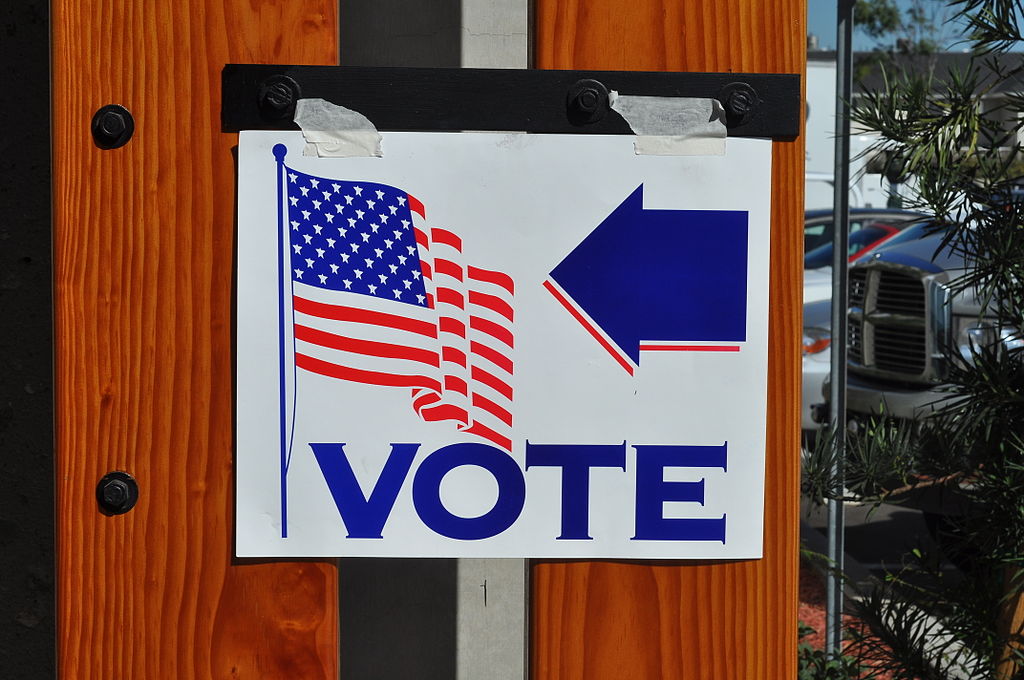Contributing Writer Jessica Burgess, ’21
With a decisive presidential election just around the corner, the perfect time to think about our country’s voting criteria is now.
Currently, the minimum age to vote is 18 years old, an age that leaves out an entire group of people who are affected by laws just as much as the rest of the population. When it comes to gun control, education reform, and a multitude of other topics in the political sphere, teenagers, the people who are affected most by these decisions, are left out of the discussion. This is why the voting age should be lowered to 16 years old.
The main argument against allowing 16 and 17 year olds to vote is that they are incapable of making informed decisions. This claim is entirely inaccurate. Numerous studies have shown that the cognitive ability of 16 year olds is developed adequately to weigh the results of a decision and process the information necessary to make a decision.
Along with sufficient cognitive development, the majority of 16 and 17 year olds are receiving an education. By taking history classes and having discussions about current events in school, these students have the background and resources necessary to apply their knowledge to make informed decisions about their own government. In this way, teenagers are more capable of making logical decisions about politics than a large portion of the general American public. Most adults do not actively seek information about the presidential races, or even local elections. Instead, they align with the political party they chose thirty years prior and blindly follow whatever candidate the party chooses. Conversely, most younger voters don’t hold strong partisan beliefs and instead will vote based on their own beliefs and values instead of a political party’s.
Lowering the voting age could also result in overall increased polls attendance. According to the United States Census Bureau, voting turnout among 18 to 29 year olds has been historically lower than any other age group. By allowing younger teenagers to vote, the habit of going to the polls is instilled earlier and will therefore lead to more consistent participation in government later on.
Protesting just isn’t working, and lowering the voting age to 16 years old would allow teenagers’ voices to be heard. To a certain extent, the younger generations’ opinions should be taken into account more than the older. Their lives are and will be affected by the laws that are passed now, and if they can’t vote, they’re leaving their futures up to a group of people who won’t be around when the changes really matter, which, to put it simply, is terrifying.
Sources:






























